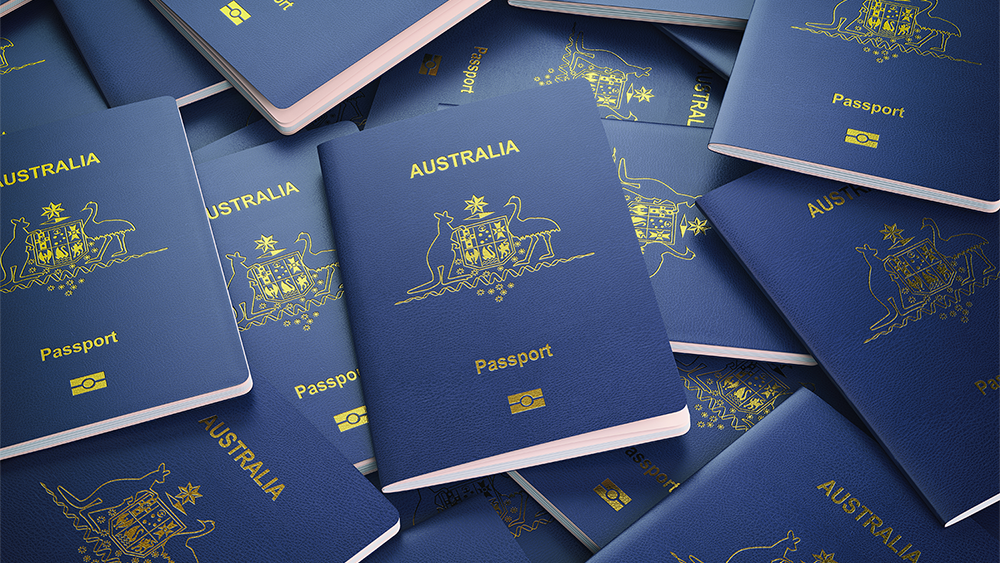
Why migrate to Australia
Growth
Australia’s demonstrated economic resilience, adaptability and record of steady growth provide a safe, low-risk environment in which to do business.
Now in its 26th year of consecutive annual economic growth, the Australian economy is underpinned by strong institutions, an exceptional services sector and an ability to respond to global changes.
Australia’s economy is:
- the world’s 13th largest
- rated AAA by all three global rating agencies
- forecast to realise average annual real GDP growth of 2.9 per cent over the next five years – the highest among major advanced economies
- characterised by high productivity levels, with 15 out of 20 industries rating above the global average.
- Favorable geographical location with straight flight from Vietnam in only 8 hours
- Climate diversity ranging from tropical to temperate
- Among top countries with the best education, health, and social welfare system
- Support from Vietnamese community up to 350,000 people.
Industries
Australia has the capacity and capabilities to provide high-quality products and services to the world.
The country’s mineral and energy resources continue to power Asia’s industrialisation, and its agricultural commodities and premium food are meeting the region’s demand for clean, green and safe products.
Australia’s services-based economy is also well equipped to provide wealth management, healthcare, education, tourism and professional services to Asia’s growing middle classes.
Australia is:
- a world-leading producer of gold, iron ore and uranium and the world’s second largest LNG exporter
- a global top 10 producer of major agricultural commodities
- a regional leader in investment management, with the largest pool of funds under management in Asia
- the world’s third most popular destination for students
- the 11th largest international tourism market.
Talent
 Australia’s labour force is one of the most educated, multicultural and multilingual in the world.
Australia’s labour force is one of the most educated, multicultural and multilingual in the world.
Australian workers are highly skilled, thanks to an excellent education system, quality scientific research institutions, and availability of specialised training services.
Australia:
- ranks well for its educational system, scientific research institutions and ready availability of skilled labour
- has a culturally diverse workforce where almost 30 per cent of workers were born overseas
- has experienced a sustained period of labour productivity growth exceeding growth in real wages
- is a multicultural population, where 2.1 million Australians speak an Asian language and 1.3 million speak a European language.
Location
 Australia is well positioned as a trade and investment base for international companies doing business with Asia.
Australia is well positioned as a trade and investment base for international companies doing business with Asia.
The country’s trade agreements facilitate the smooth flow of goods, services and investments with major economies across Asia, Europe and North America.
Australia has an open trading economy where:
- 10 of the country’s top 12 export markets are within the Asian region
- two-way trade in goods and services totalled A$661 billion in 2015–16
- foreign investment stock totalled more than A$3 trillion as at June 2016
- inward foreign direct investment stock reached A$735 billion in 2015
Business
Australia’s political stability, transparent regulatory system, and sound governance frameworks underpin its economic resilience.
Ranked in the global top five on the Index of Economic Freedom, Australia’s effective governance provides multinationals with a safe, secure business environment.
Australia offers:
- a business environment that is ranked 15th out of 190 economies for ease of doing business
- a robust regulatory system noted for its stable institutional frameworks and strong finance and banking regulations
- competitive rates for office space and the remuneration of professionals
- a quality of life that is rated the seventh highest in the world.
Innovation
Australia’s intellectual capital, commercial focus and collaborative approach make it an ideal partner for business and investment activities.
International organisations have opportunities to collaborate with Australian research institutions, invest in or incorporate Australian solutions into existing products, or enter into joint ventures to take them to the global market.
Australia is:
- ranked in the top 10 among OECD member nations for its total expenditure on R&D
- involved in cutting-edge research, with Australian research findings regularly cited in many of the world’s leading publications
- rated fifth in a ranking of the world’s top 200 universities by five key subject fields
- home to world-class research institutions, modern ICT infrastructure and a well-educated workforce.
Australian innovation video
Source: Austrade











